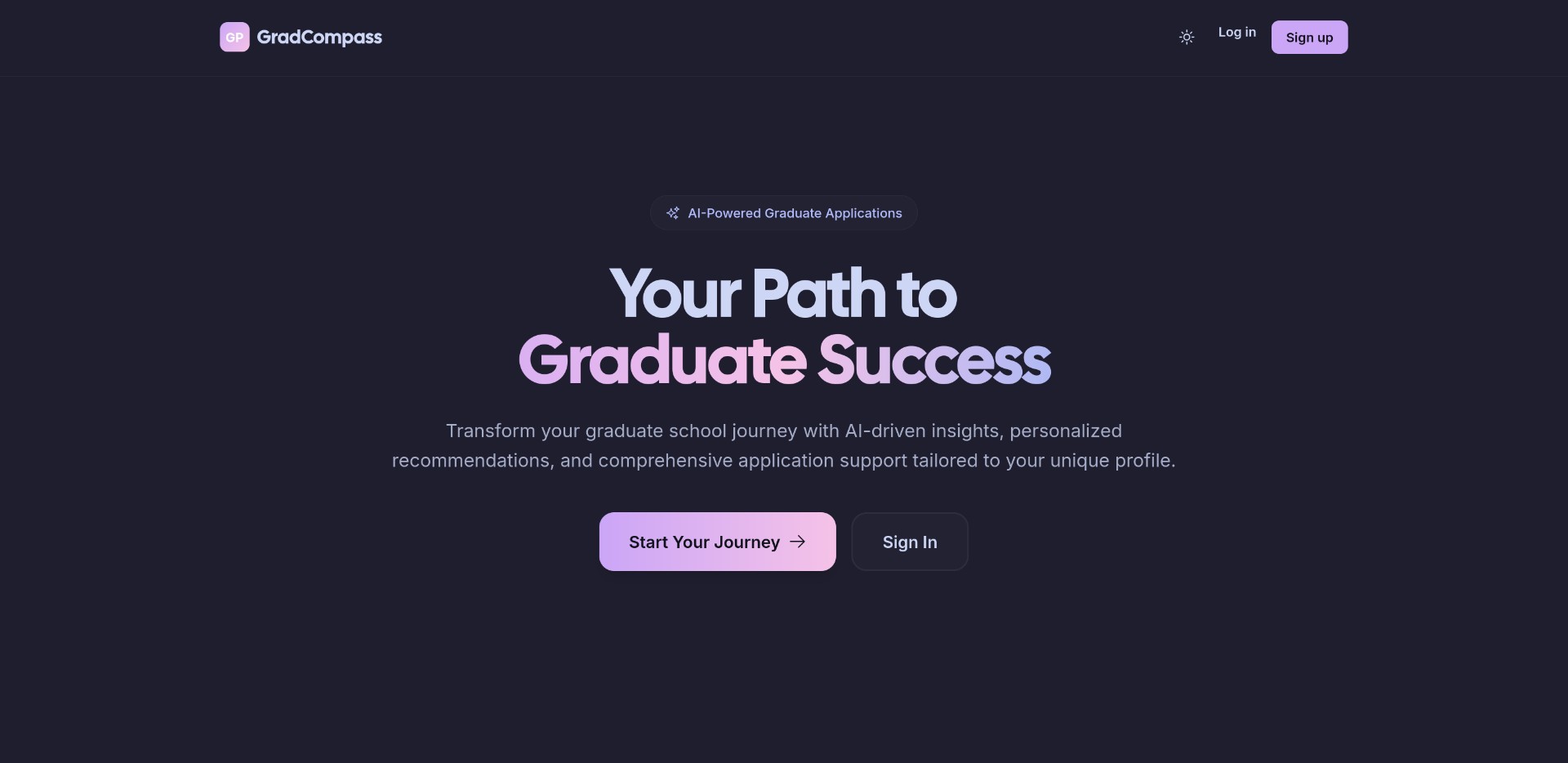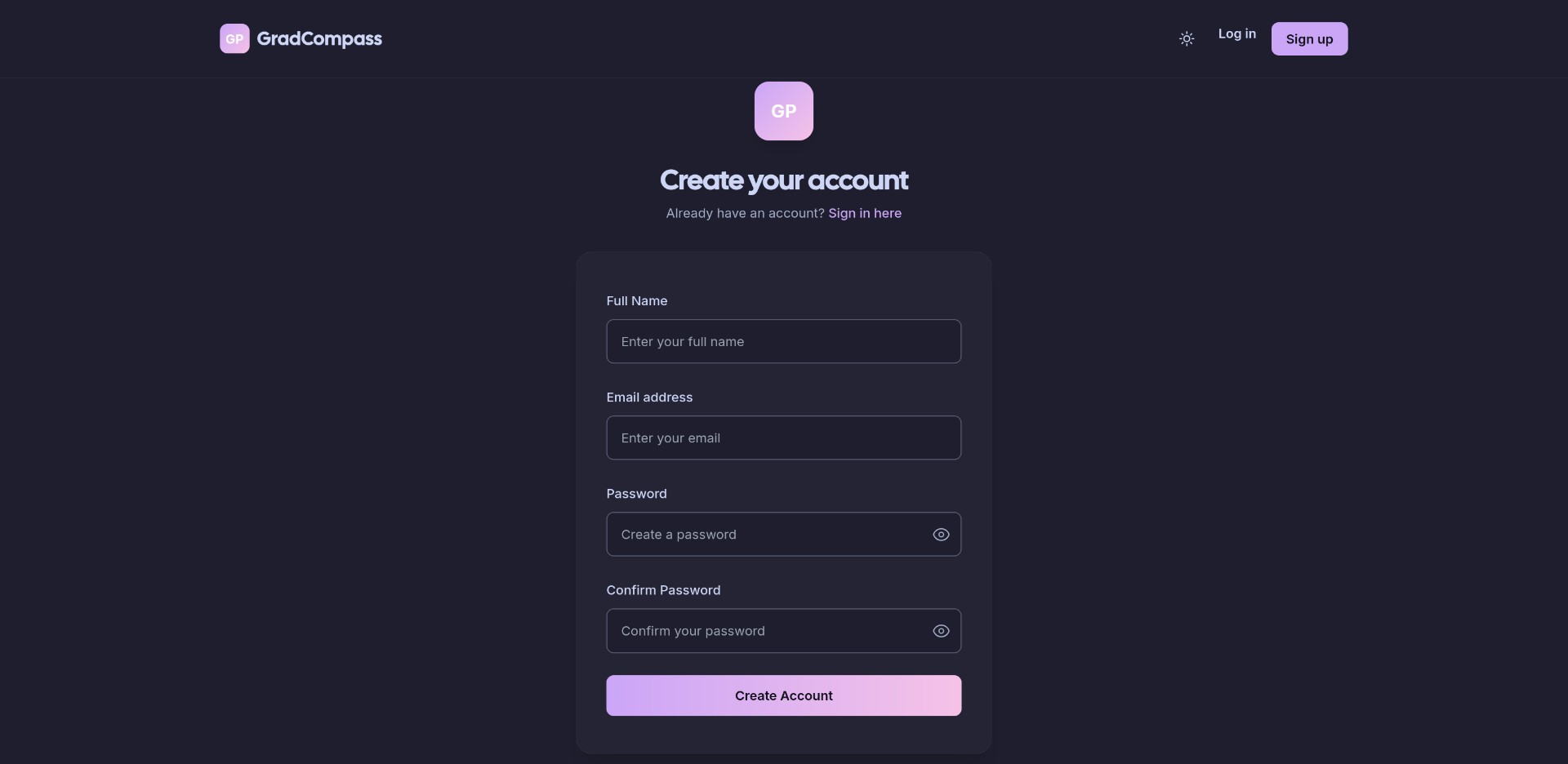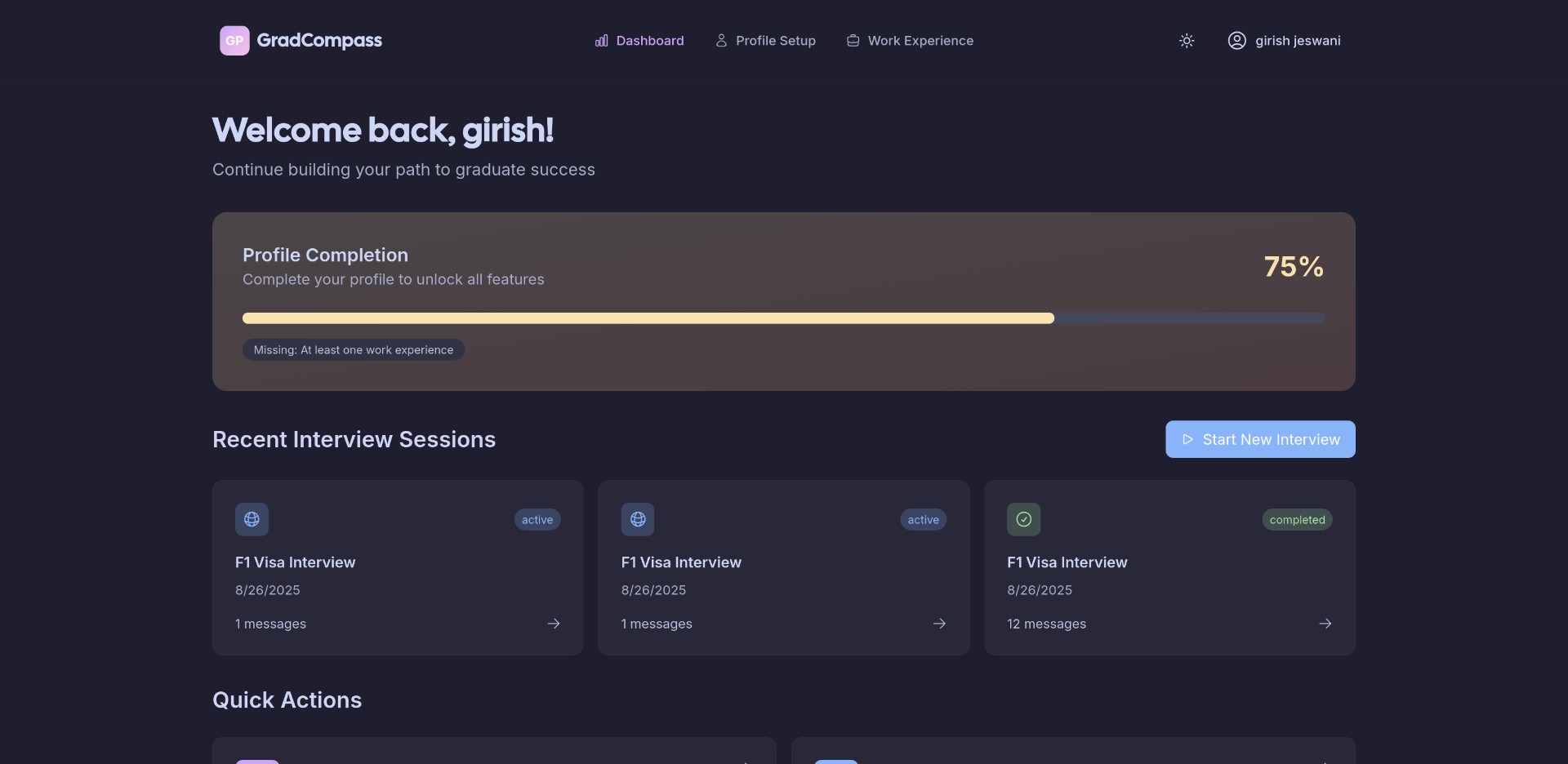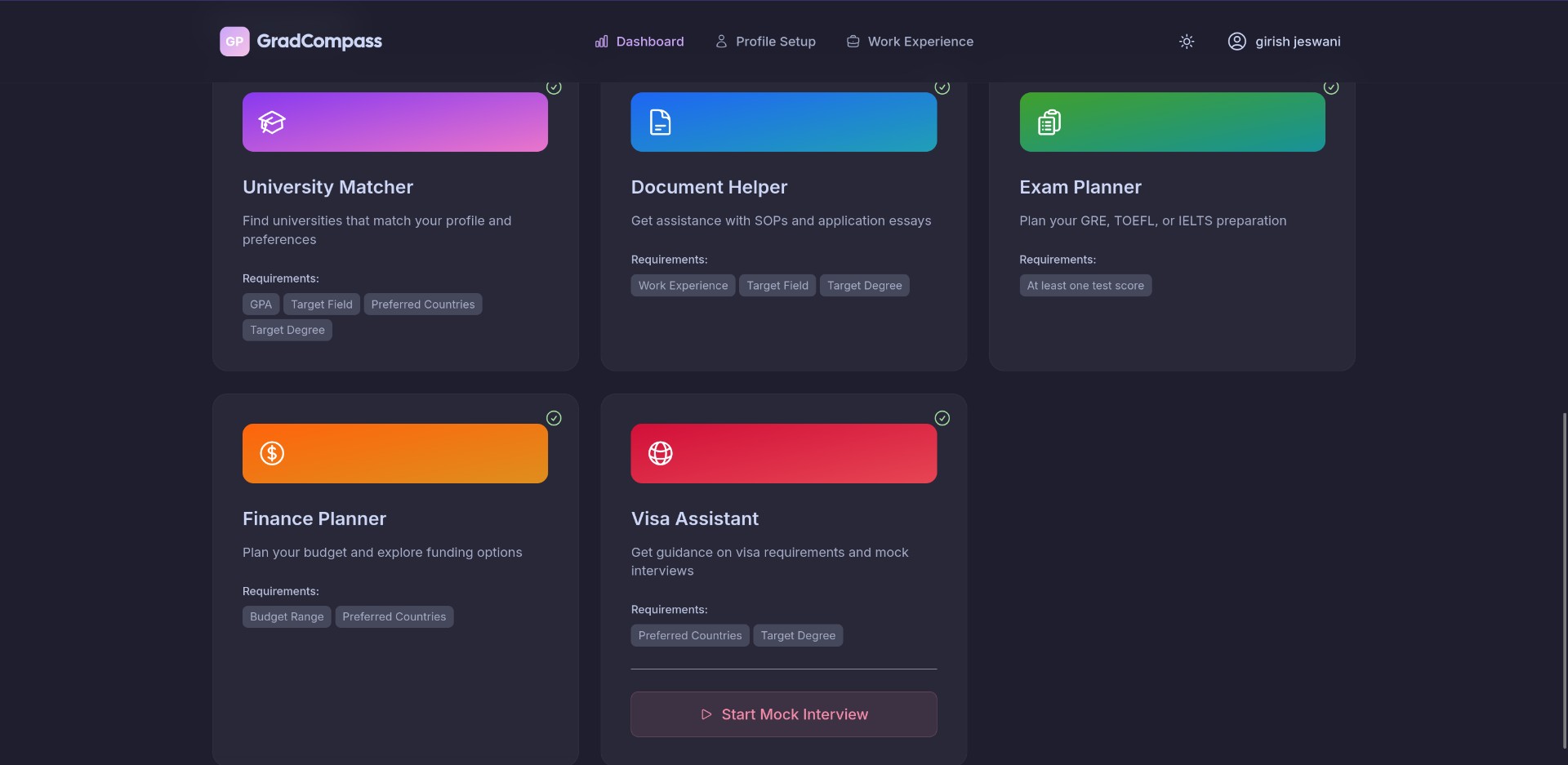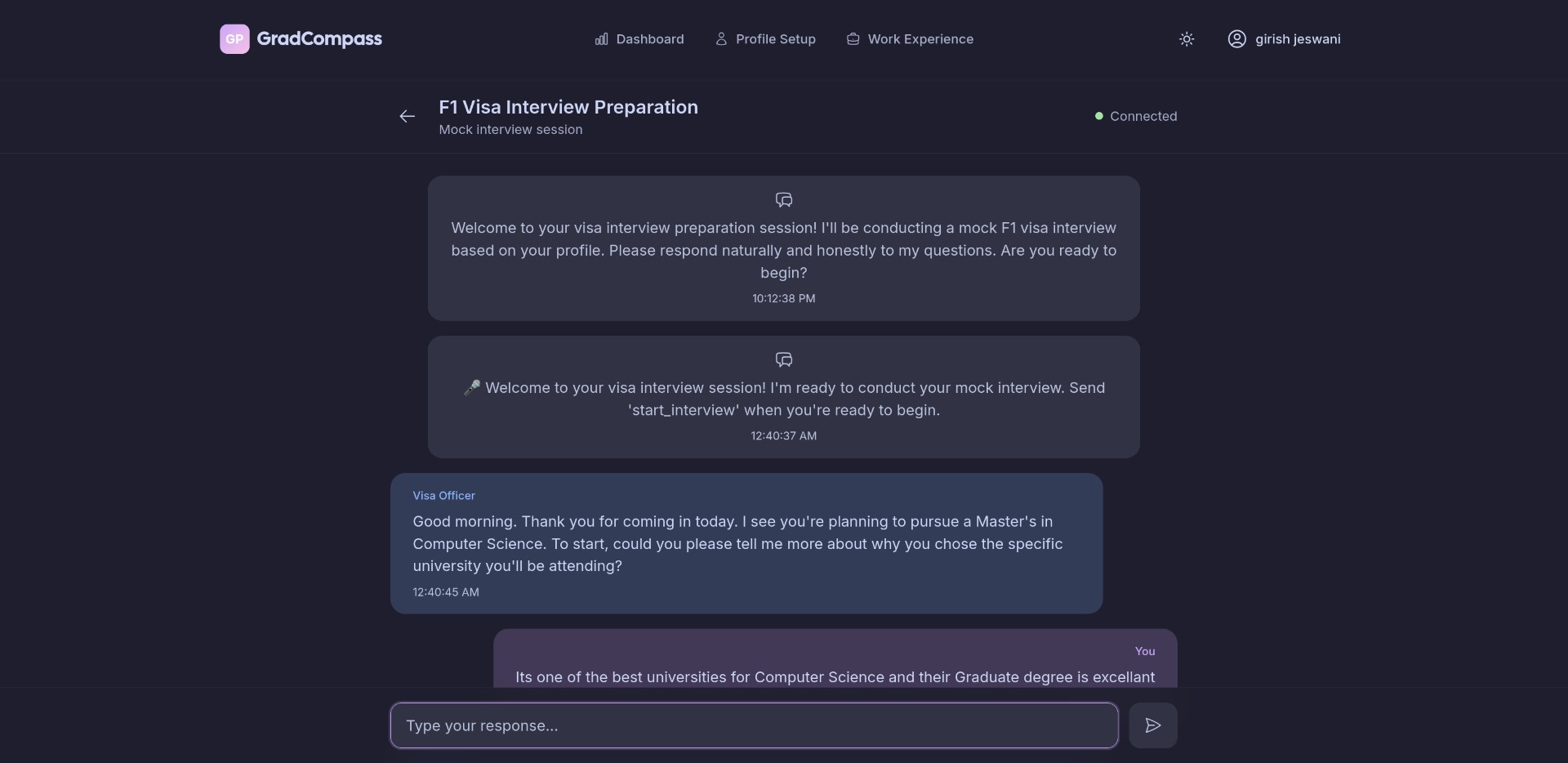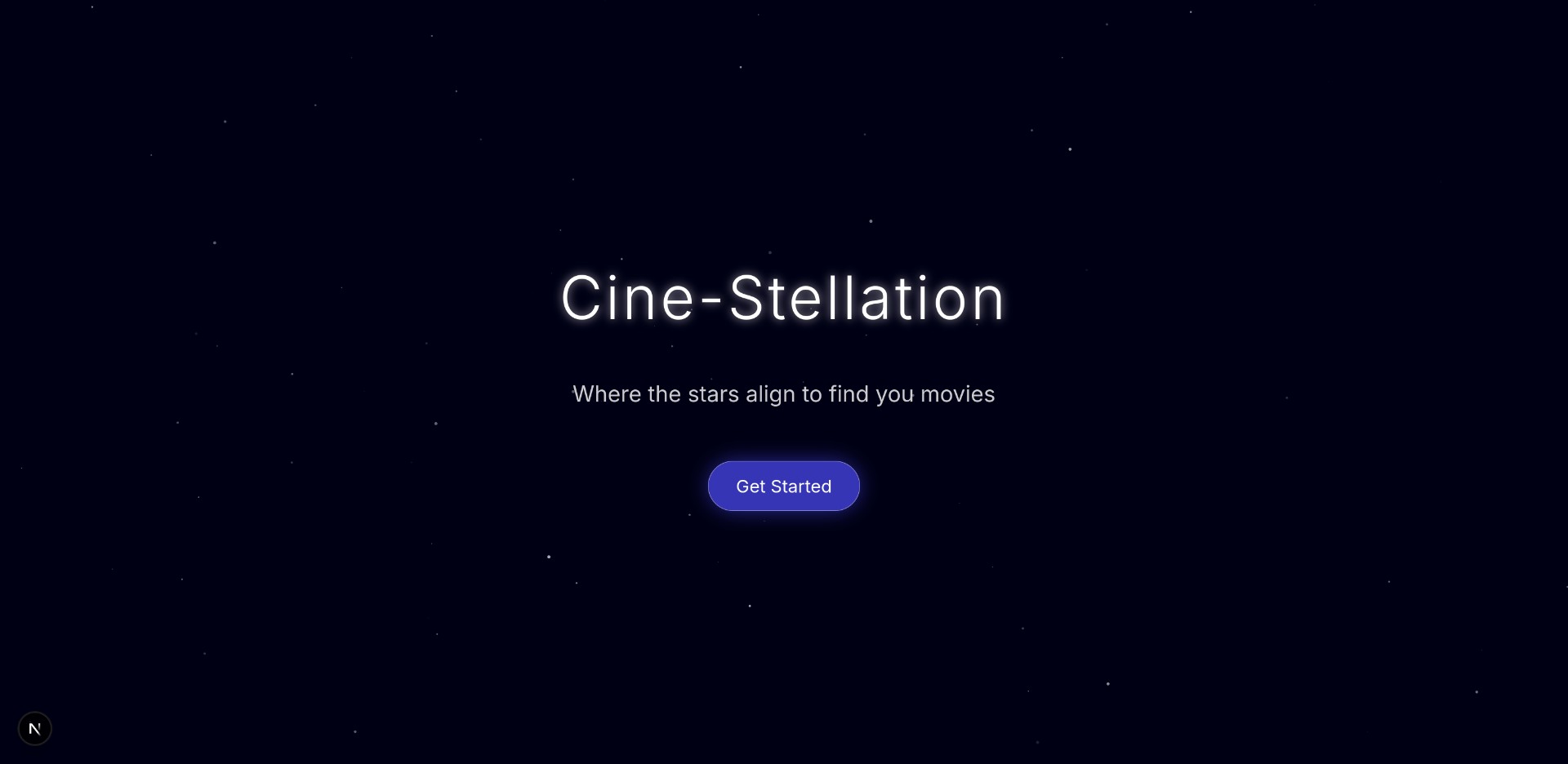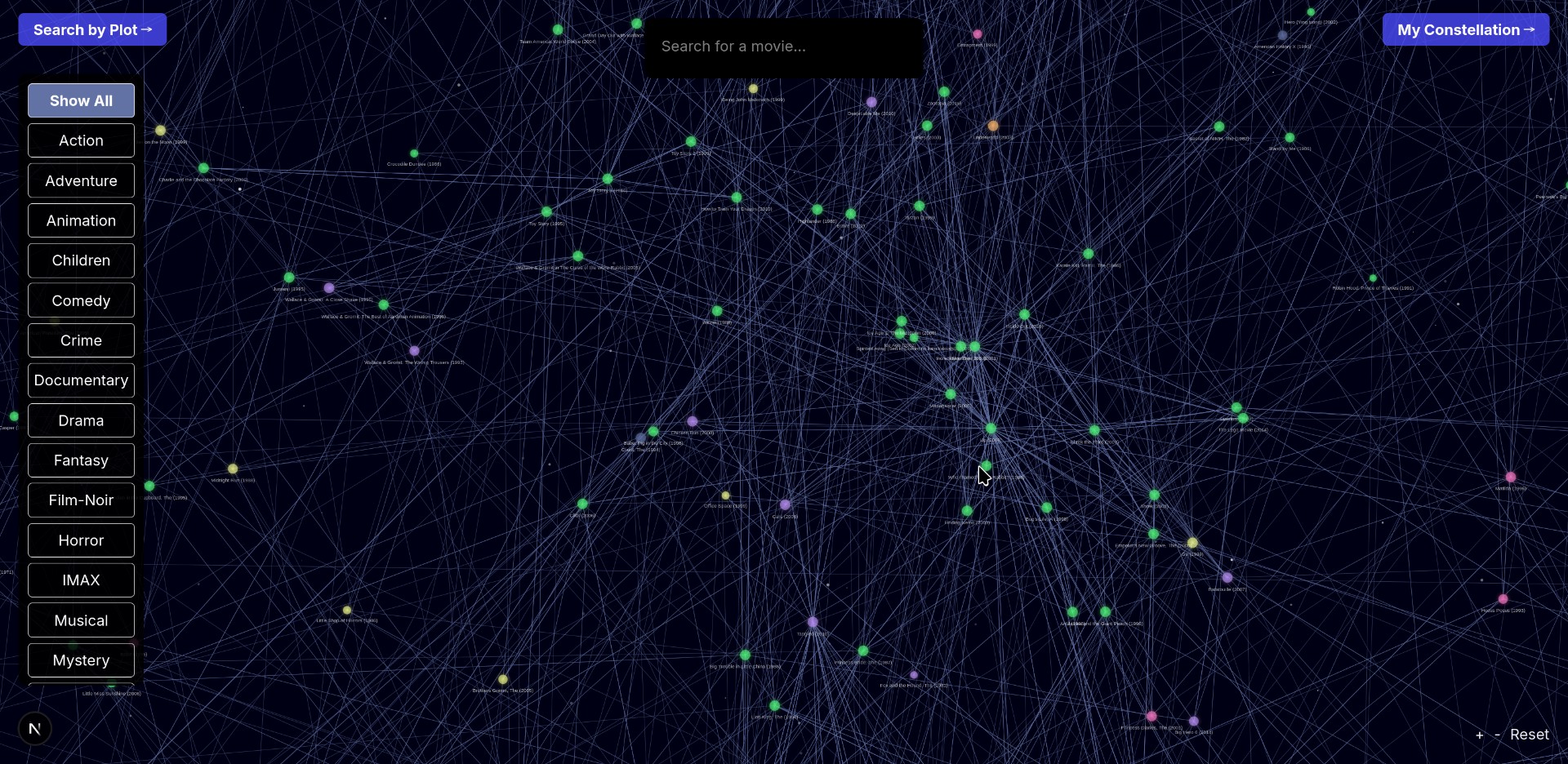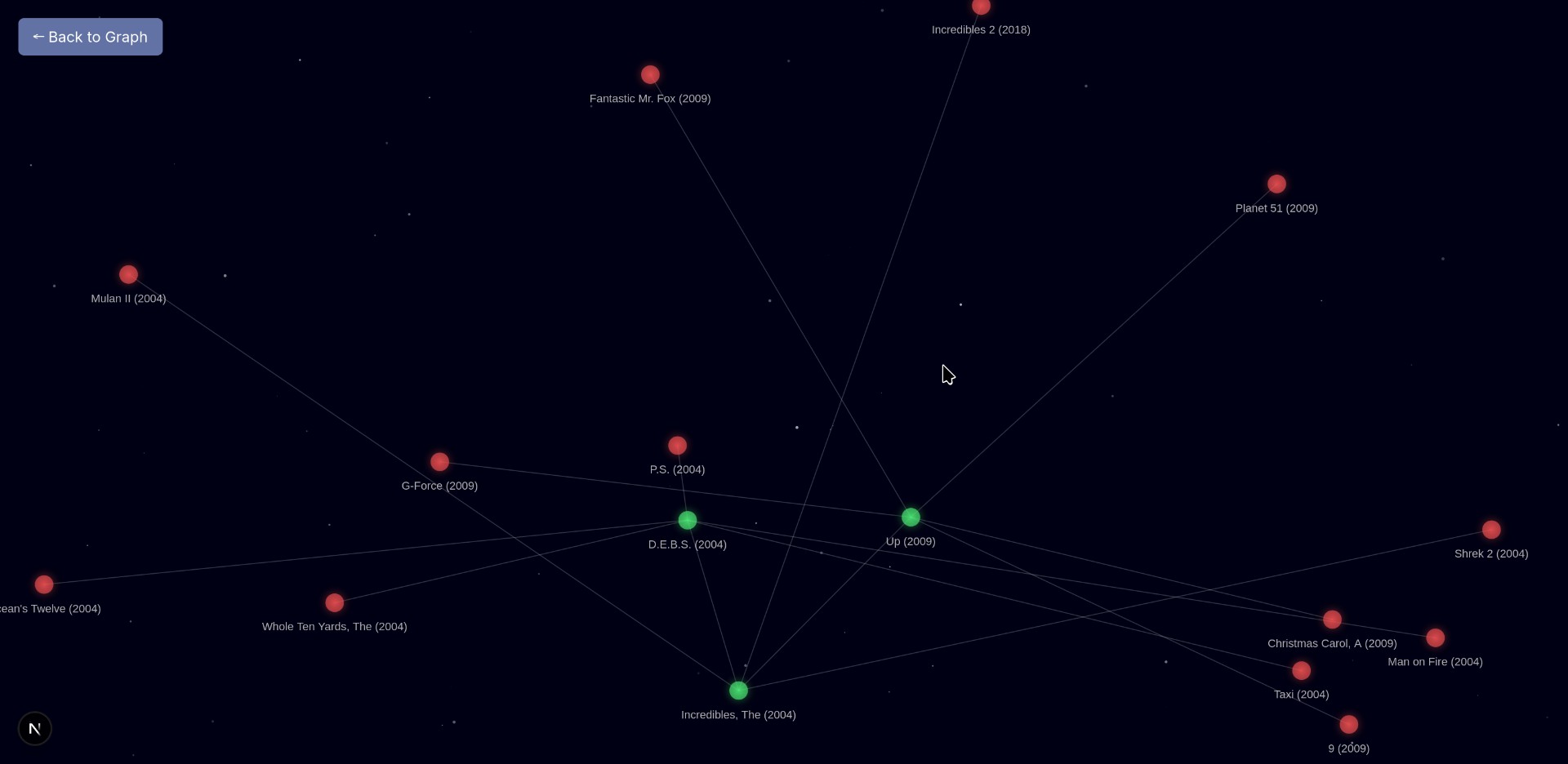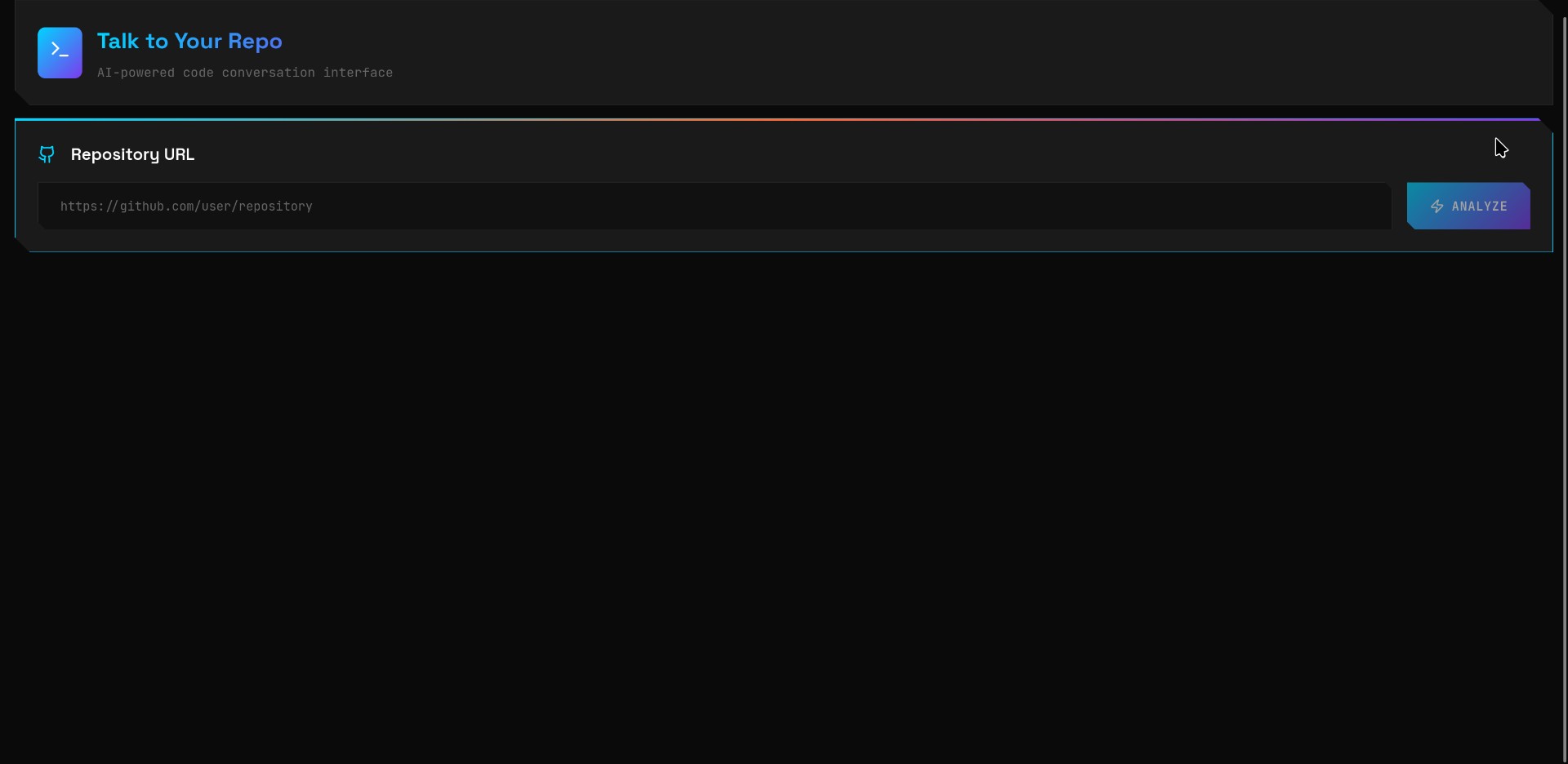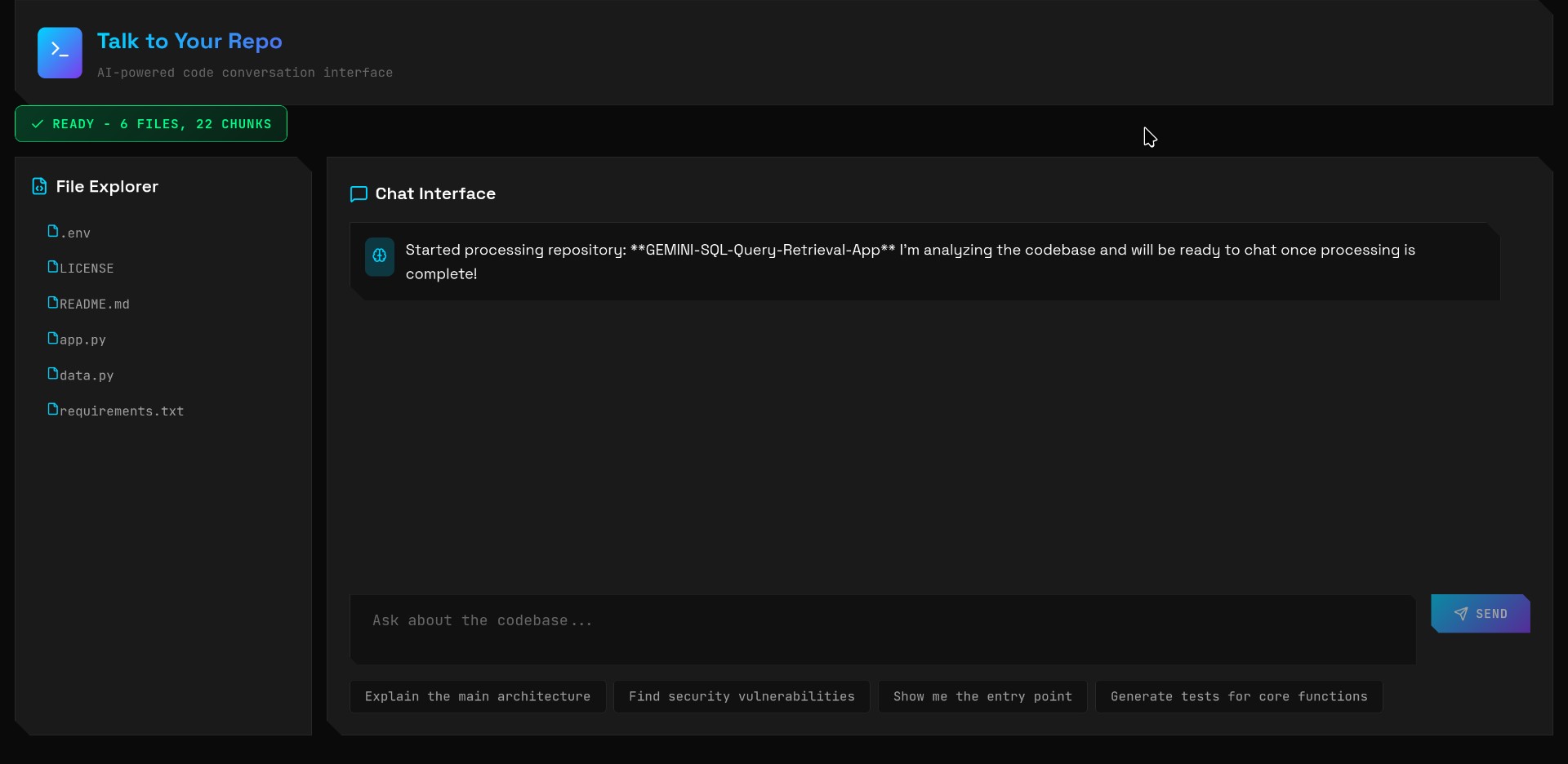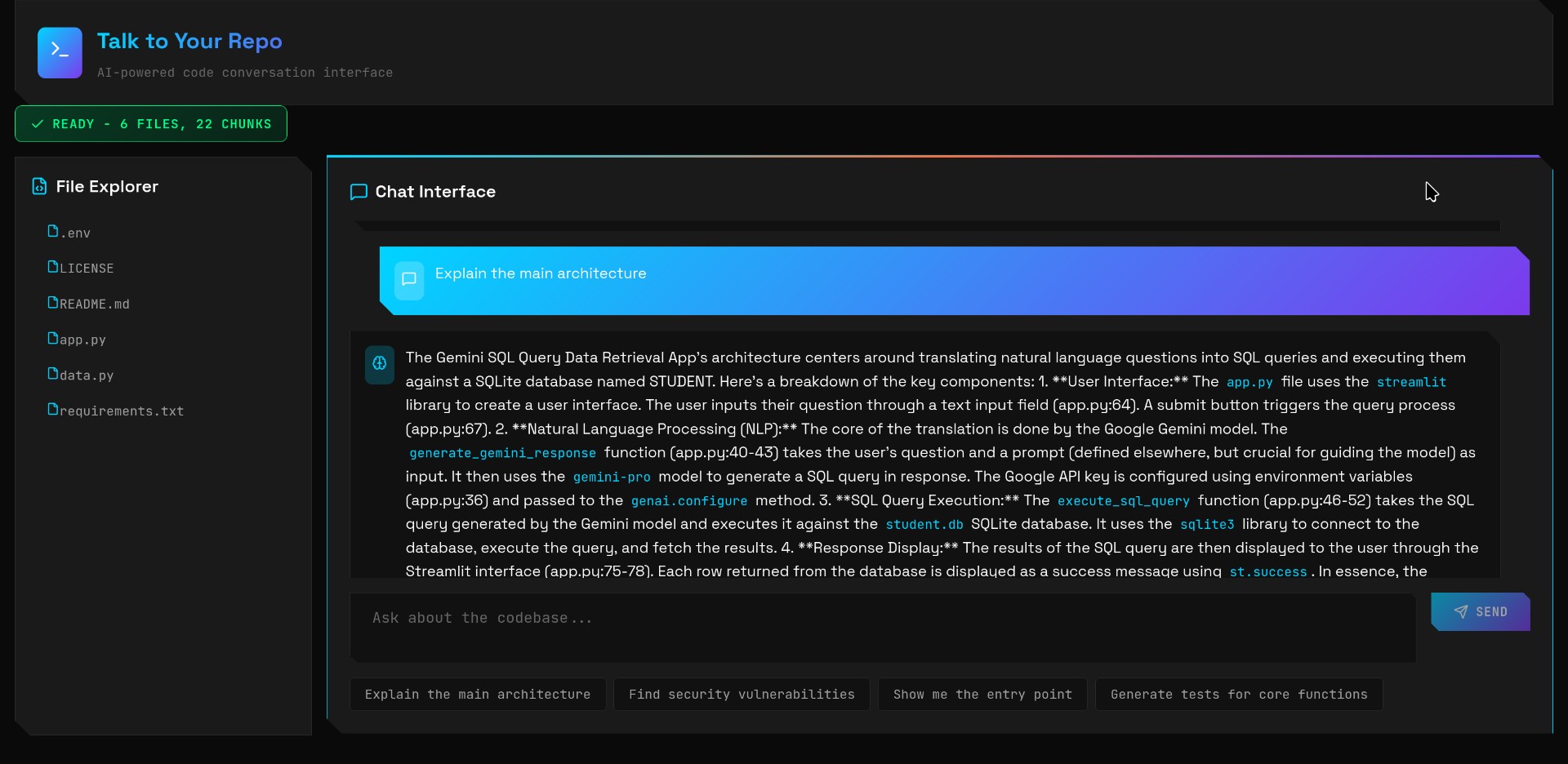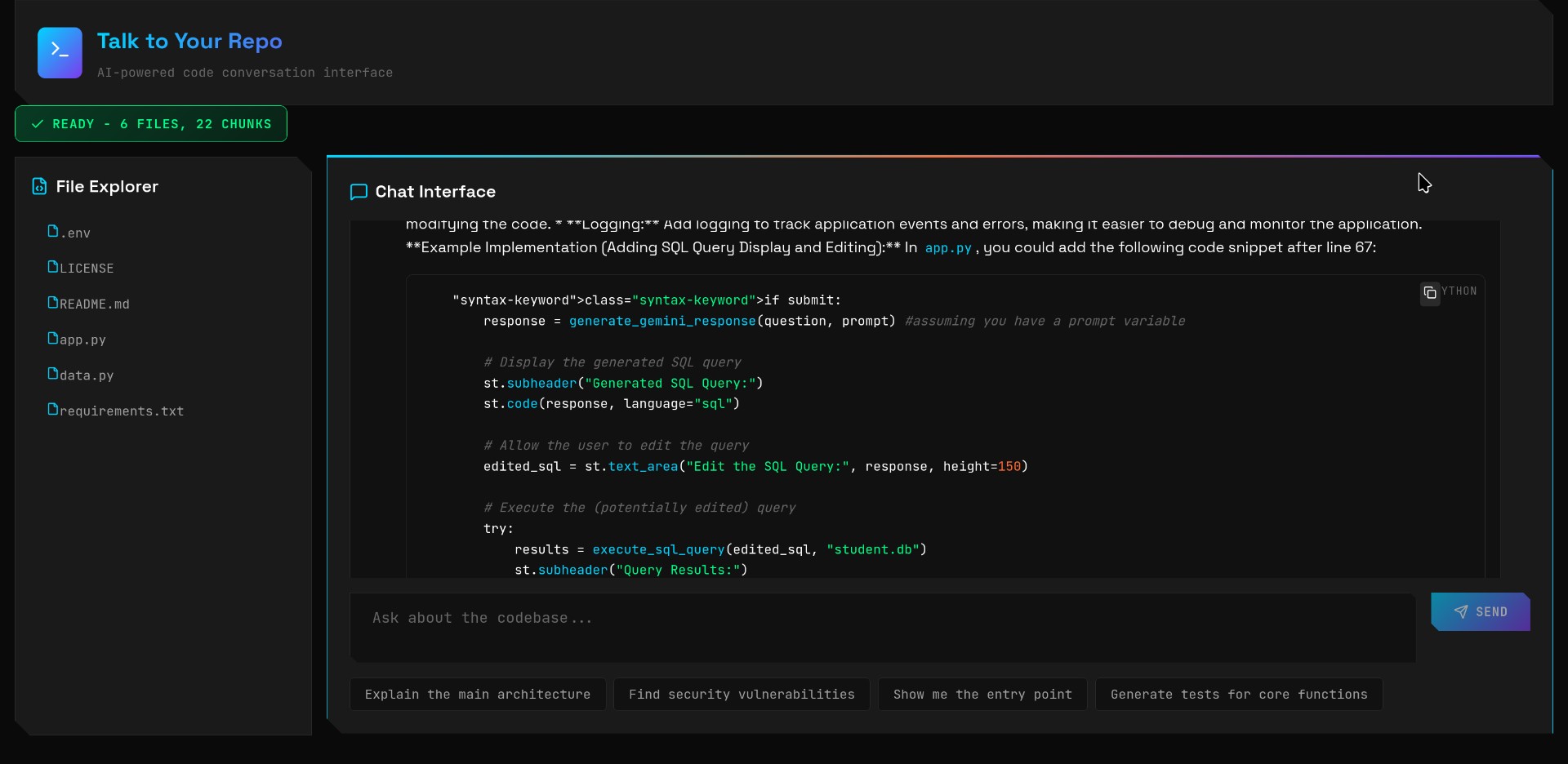Who I Am
I’m currently pursuing my Master’s in Computer Science at the University of Colorado, Boulder, while working as an AI Research Developer at the Leeds School of Business. With a strong background in full-stack development and machine learning, I specialize in creating intelligent systems that solve real-world problems.
My experience spans from developing enterprise-scale applications at Wells Fargo to building cutting-edge AI-powered platforms. I’m passionate about leveraging technology to create meaningful impact, whether through intelligent conversation orchestration or predictive modeling systems.







